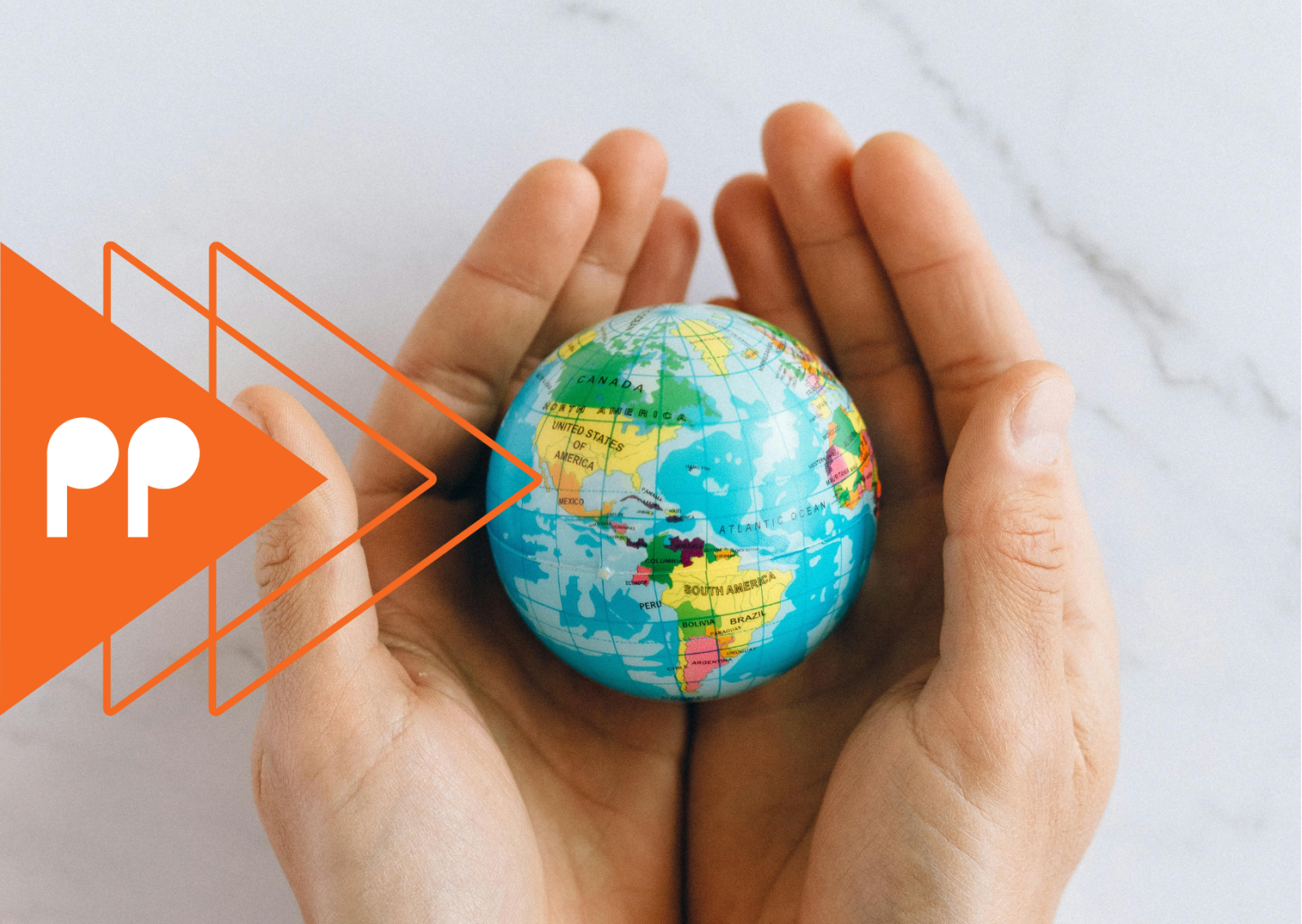Beware of books written by great journalists and adored by great journalists—their critical reception will inevitably be overhyped—but read The World for Sale anyway. Especially if you have the faintest interest in power, as this book is about a rare kind of political actor: commodity traders who influence the fate of countries more than their counterparts in suits can at the tables of diplomacy. True story.
For over a decade, Bloomberg News journalists Javier Blas and Jack Farchy have chronicled the exploits of these commodity traders. Unlike the busy bee traders of the roaring trading pits of Chicago or Wall Street, these independent players navigate war zones and diplomatic crises to broker deals on everything from oil to sugar, often flying under the radar on their private jets.
Commodity traders: beyond the trading floor
Every government that has ever had trouble selling its natural resources found a commodity trader eager to bypass sanctions: traders helped Saddam Hussein sell his oil, Fidel Castro sell his sugar, Pinochet sell his copper and Apartheid South Africa get oil. They don’t care about politics. They care about money. But in the process of making money, they do take a significant political role.
In The World for Sale, we meet extraordinary characters such as the German Theodor Weisser, who, in the early 1950s, helped open the export route for the Soviet Union’s oil to the West for the first time, or the American Marc Rich who, in the early 1980s, remotely from Switzerland, managed to save the Jamaican government from an oil shortage in the blink of an eye by commanding to move a shipment of 300,000 barrels of Venezuelan crude oil to Kingston. Soon, he became a pariah for trading with Iran during the hostage crisis.
Reading this book feels like watching Homeland‘s first three seasons for the first time again. By the time you eventually finish it, you will know that skillful Western traders, the Theodor Weissers of today, continue to purchase Russia’s oil and agricultural products and place it into the global market even amid the sanctions for the war in Ukraine. Commodity traders tend to “leave politics and morality to one side”, as the authors put it. Today, they help Putin remain in power and the Russian economy to continue his war.
The Latvian-blend loophole
“We see a lot of diesel” says author Javier Blas in a recent panel for his book, “that looks like Russian and smells like Russian but it’s called “Latvian-blend”: shipped from a Russian terminal to a terminal in the Baltic, mixed with enough diesel from another location to reduce the concentration of Russian oil to 49 percent so that some buyers (like the largest European oil company, Shell Plc) can say it’s not Russian.”
Implications for policy makers
The knowledge dispensed by “The World for Sale” has begun to inform policy makers grappling with the opaque dynamics of commodity markets. As Jack Farchy noted, the surprising lack of market understanding among regulators often leads to ineffectual governance, underscoring the need for enhanced education on these crucial but misunderstood economic arenas.
If indeed this topic peaks your interest, we would suggest you check out this video from an event at Columbia University where the authors of the book talked about the commodity traders’ current political role in the Russia-Ukraine crisis.
Closing thoughts
“The World for Sale” not only demystifies the complex role of commodity traders but also challenges us to reconsider the intersections of economics, politics, and power. As policy makers strive to curb these unregulated trades, the insights from Blas and Farchy offer a crucial lens through which to view these global economic battles.

